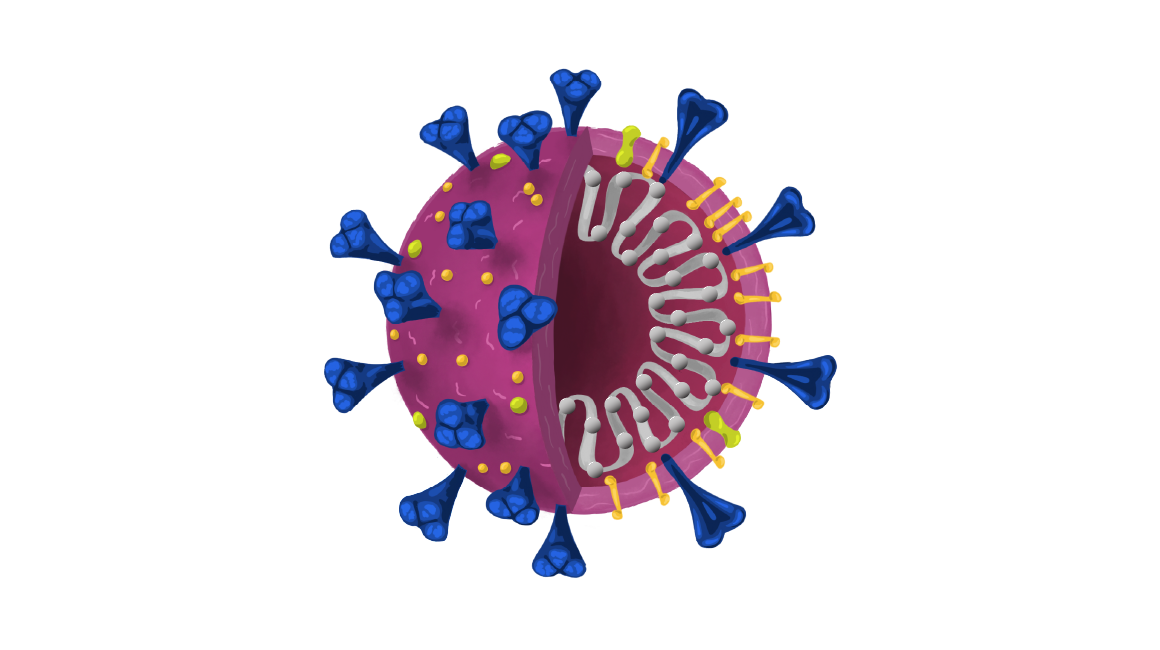
This hub has been designed for participants of the ANZCA and FPM Continuing Professional Development (CPD) Program - as well as other medical professionals - to identify resources suitable for keeping up-to-date with current research in the area of anaesthesia and pain medicine.
 Looking for CPD resources and information related to the Coronavirus/COVID-19 outbreak? Try the COVID-19 guide.
Looking for CPD resources and information related to the Coronavirus/COVID-19 outbreak? Try the COVID-19 guide.
 ANZCA & FPM CPD Program
ANZCA & FPM CPD Program
Access information and resources related to the ANZCA and FPM CPD Program, including the dedicated resources guide focussed on resourcing for specific CPD activities.
CPD for non-clinical roles
The college has a dedicated CPD resource guide for ANZCA and FPM practitioners with clinical support roles and those who practice without direct patient care.
The ANZCA and FPM CPD Program operates on a 12 month cycle, with annual minimum requirements.
ANZCA CPD portfolio
Participants record, monitor and provide evidence of their completed CPD activities through the online CPD portfolio. Simply log in in with your college ID and password.
 Roles in practice
Roles in practice
Access resources to support the professional practice domains of collaborator, communicator, health advocate, leader and manager, professional, and scholar.
Learn more about the resources available to support the professional practice domains of communicator, collaborator, leader and manager, scholar, health advocate and professional in anaesthesia, perioperative and pain medicine.
The ANZCA Roles in Practice are taught throughout the ANZCA | FPM training programs, and describe the roles of a specialist anaesthetist and specialist pain medicine physician and how they apply to contemporary practice.
Safety, quality & wellbeing
There are a range of resources available for our fellows, trainees, specialist international medical graduates and immediate family members, including the CID toolkit, and the anaesthetic allergy, drug information, wellbeing and COVID guides.
Explore the various ways the college is working with government agencies, regulators, healthcare providers, and the media.
In addition, the college website has a section devoted to wellbeing:
A number of guides have been created to support these activities:
 Keeping current
Keeping current
A range of resource guides that you can use to keep up-to-date with current literature, research, trends and networking opportunities, as well as information on the apps/tools available to help.
Our guides highlighting core resources:
Our keeping current guide focuses on CME resources, apps & podcasts, alerts, courses and meetings & events:
Our self-assessment tools guide focuses on resources that can be used for CME, exam and self-assessment purposes:
 Journals
Journals
We subscribe to 1,100+ full-text journals - learn the easiest ways to access journal content.
You can access the journals in several ways:
Enable access to ANZCA full-text for anywhere on the web:
Need to access an article not available full-text?
 BrowZine is an app that allows you to access and browse the entire ANZCA e-journal collection all in the one simple interface. It's the perfect “armchair-reading” app for catching up with your favourite journals.
BrowZine is an app that allows you to access and browse the entire ANZCA e-journal collection all in the one simple interface. It's the perfect “armchair-reading” app for catching up with your favourite journals.
 Read by QxMD is an app that allows you keep up-to-date with the latest articles based on your own custom profile. Easy to set up and use, with an alerts based system that displays in the style of a personalised journal. This app is ideal for tracking newly published content and for claiming articles for CPD purposes.
Read by QxMD is an app that allows you keep up-to-date with the latest articles based on your own custom profile. Easy to set up and use, with an alerts based system that displays in the style of a personalised journal. This app is ideal for tracking newly published content and for claiming articles for CPD purposes.
 Podcasts
Podcasts
Podcasts are a great way to learn on the run - learn more about podcasts available in your area of interest.
 AudioDigest is an app that provides instant online and mobile access to 245+ accredited anaesthesiology and pain medicine audio lectures and board reviews (comprising the Anesthesiology collection) presented by experts from leading institutions, bringing clinicians a convenient continuing medical education (CME/CE) experience. This app is ideal for learning on the run!
AudioDigest is an app that provides instant online and mobile access to 245+ accredited anaesthesiology and pain medicine audio lectures and board reviews (comprising the Anesthesiology collection) presented by experts from leading institutions, bringing clinicians a convenient continuing medical education (CME/CE) experience. This app is ideal for learning on the run!
 Fully updated 2022/3 collection now available.
Fully updated 2022/3 collection now available.
 Want to learn more about the ANZCA & FPM CPD program? Try the ANZCA & FPM CPD Program webpage.
Want to learn more about the ANZCA & FPM CPD program? Try the ANZCA & FPM CPD Program webpage.
 Educational courses and resources webpage. The College's educational resources include the ANZCA Educators Program and eLearning resources, such as podcasts and exam support resources.
Educational courses and resources webpage. The College's educational resources include the ANZCA Educators Program and eLearning resources, such as podcasts and exam support resources.
 The Standards of Practice webpage contains information on Professional documents and statements, and Anaesthetic incident reporting.
The Standards of Practice webpage contains information on Professional documents and statements, and Anaesthetic incident reporting.
The college acknowledges the Traditional Custodians of Country throughout Australia and recognises their unique cultural and spiritual relationships to the land, waters and seas and their rich contribution to society. We pay our respects to ancestors and Elders, past, present and emerging.
The college acknowledges and respects Māori as the Tangata Whenua of Aotearoa and is committed to upholding the principles of the Te Tiriti o Waitangi, fostering the college’s relationship with Māori, supporting Māori fellows and trainees, and striving to improve the health of Māori.
The college recognises the special relationship between the Pacific peoples of New Zealand, Australia and the Pacific, and is committed to supporting those fellows and trainees of ANZCA, and improving the health of Pacific peoples.